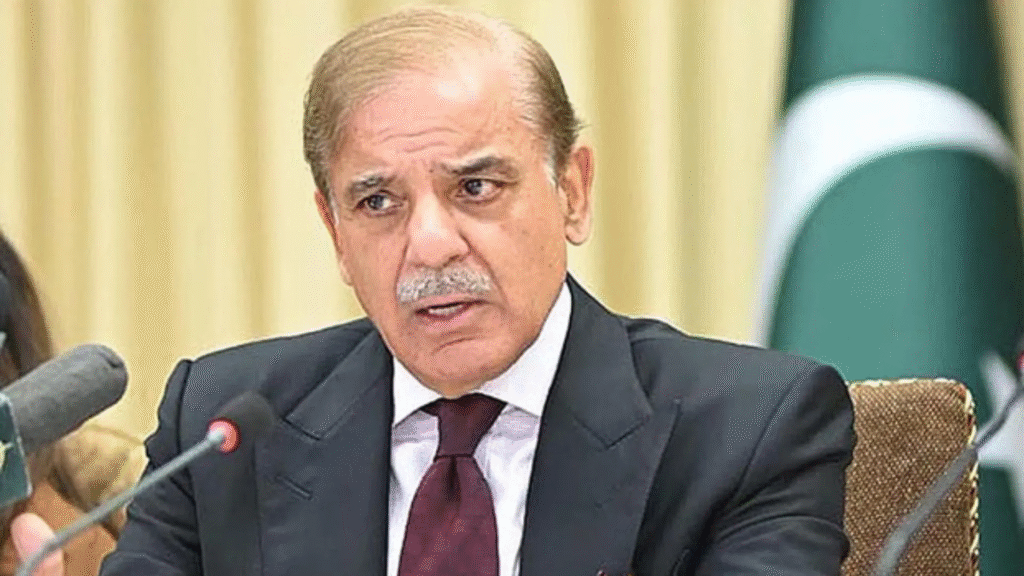In a dramatic revelation that has sent shockwaves through regional and international defense circles, Pakistan’s PM Shehbaz Sharif has publicly admitted that the Indian armed forces successfully pre-empted a Pakistani military offensive by launching a precision missile strike on key airbases. This marks the first official acknowledgment from Islamabad about India’s proactive strike strategy, carried out in the early hours of May 10 under “Operation Sindoor,” using BrahMos supersonic cruise missiles.

Speaking at the Pakistan-Turkey-Azerbaijan trilateral summit held in Lachin, Azerbaijan, PM Sharif disclosed that the Pakistani military, under the leadership of Field Marshal Asim Munir, had scheduled an attack on Indian territory at 4:30 AM following morning prayers. However, before the plan could be executed, India struck first, targeting and neutralizing critical airbases including Noor Khan (Rawalpindi) and Murid (Chakwal). The Indian Air Force’s deployment of Sukhoi-30 MKI jets to deliver the BrahMos missiles represents the first operational use of the long-range weapon system in active combat.
Sharif’s candid admission underscores the growing capability and readiness of India’s military forces to defend its sovereignty with precision and speed. According to The Tribune, which was the first to break this story in its May 11 edition, India’s swift action disrupted Pakistan’s offensive chain of command and forced a rapid de-escalation. The BrahMos missile, known for its speed and accuracy, reportedly caused significant damage to Pakistan’s air defense infrastructure, compelling Islamabad to halt further military action.
The pre-emptive Indian operation prompted Pakistan’s Director General of Military Operations (DGMO) to reach out to his Indian counterpart to request a ceasefire, which was officially announced on May 10. This swift diplomatic communication brought immediate relief to both nations, averting what could have escalated into a full-scale conflict.
India’s successful pre-emptive strategy not only showcased its advanced missile capabilities but also sent a strong message to adversaries about the cost of hostile intentions. The incident has been widely discussed across global defense forums, highlighting the evolving dynamics of South Asian military strategy and deterrence. As tensions continue to simmer, this episode reinforces the importance of readiness, intelligence, and decisive leadership in preserving peace and national security.
